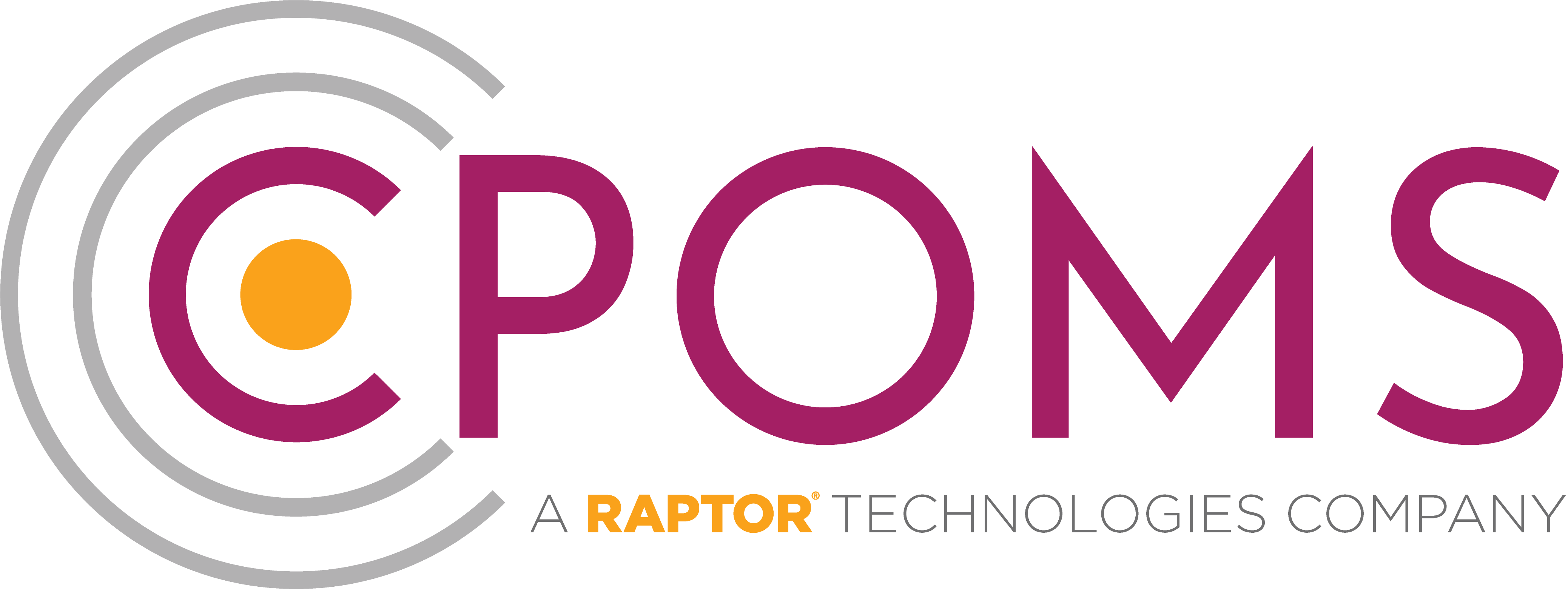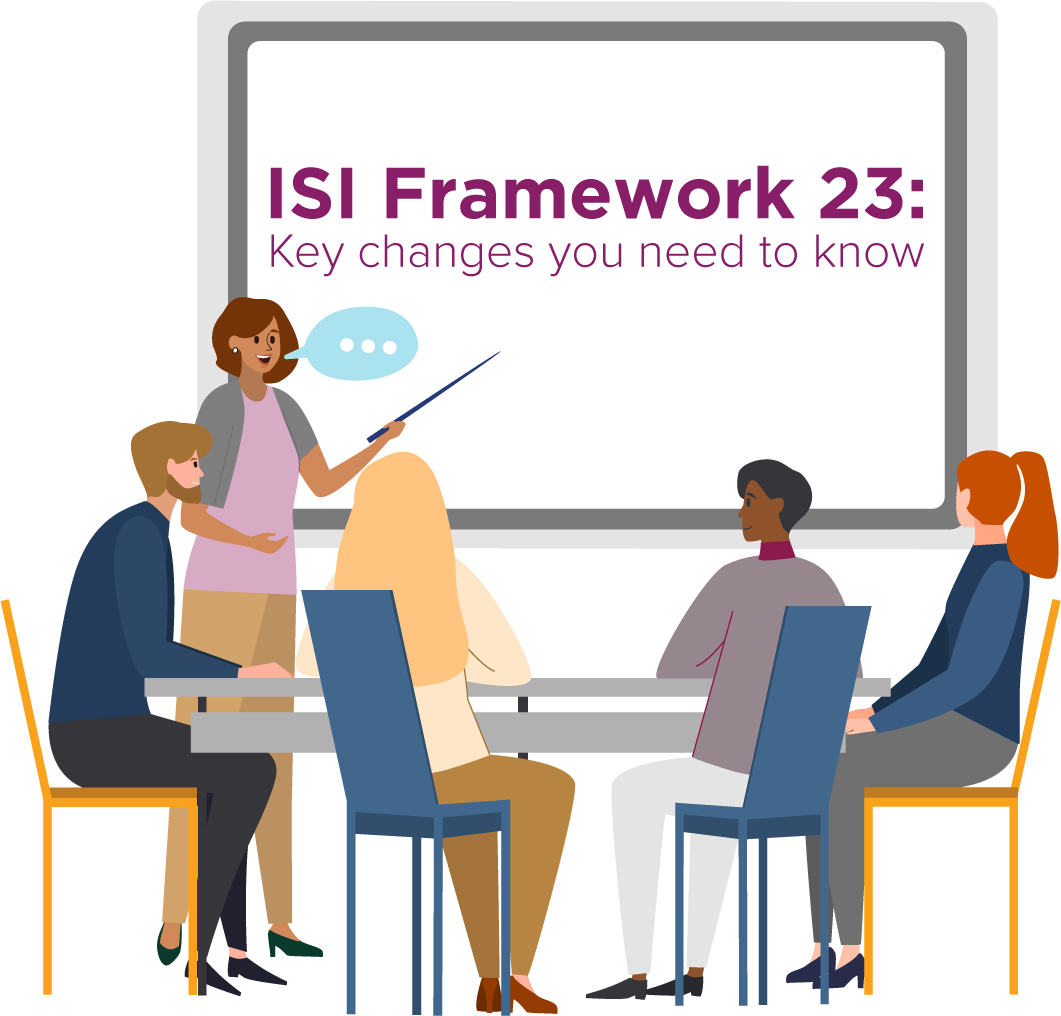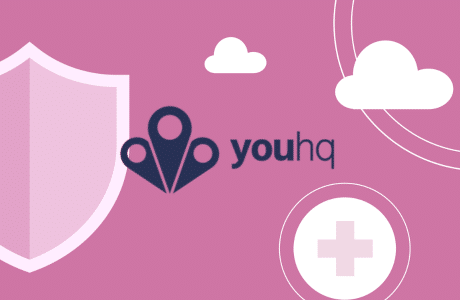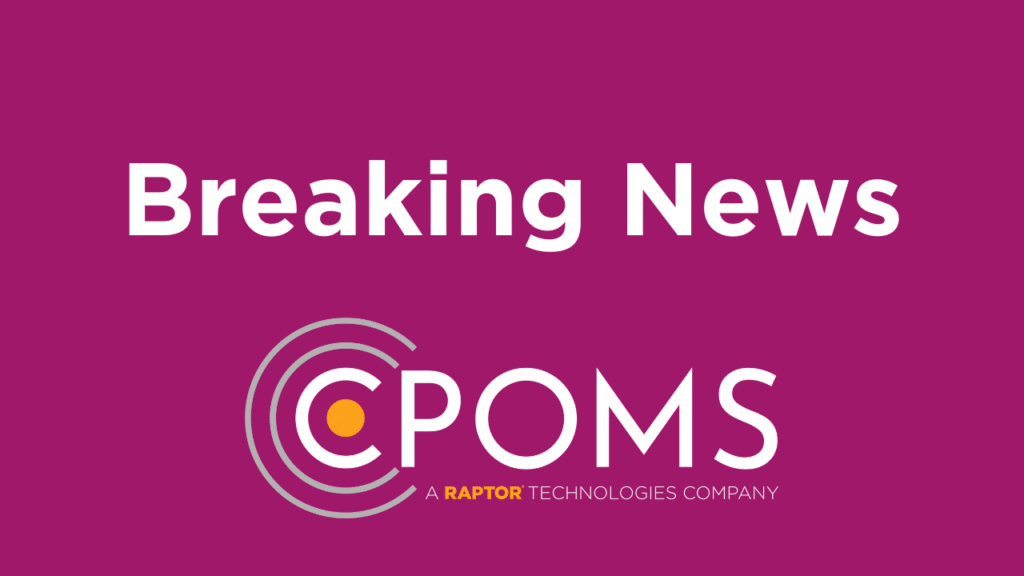Safeguarding in Independent Schools
Safeguarding challenges across educational settings have never been more complex. Independent schools are increasingly faced with addressing issues such as sexual abuse, bullying, and online safety, as well as the rise in young people experiencing poor mental health. This places huge responsibility on independent schools to manage challenging and time-consuming issues while adequately supporting both pupils and staff.
Owing to an increasing need for pastoral care and a heightened focus on safeguarding and pupil wellbeing in independent schools, the Independent Schools Inspectorate (ISI) has introduced a new framework. The ISI states that inspections devote more attention to schools’ safeguarding structures and policies and highlight the need for clear and structured ways of reporting safeguarding and wellbeing concerns.
It is therefore crucial that those responsible for safeguarding in independent schools effectively monitor all safeguarding-related concerns, no matter how small, to ensure that young people get the support they need, when they need it.
Why is there a new framework?
Every six years, the ISI framework used to inspect independent schools, including residential boarding schools and registered early years settings, is reassessed. Framework 23 has been updated following concerns raised by schools about safeguarding over recent years. An added challenge vocalised by education staff has been that in order to look after pupil wellbeing, staff wellbeing must also be prioritised. Therefore, independent schools should welcome the updated framework, given its holistic focus on wellbeing.
The new framework has been adapted to be more aligned to challenges that independent schools are currently facing and reflects teachers growing concerns around the wellbeing of their pupils. With an increased emphasis on wellbeing, the framework demonstrates that inspectors have taken on board teachers worries and addressed them in the new policy.
The 2023 framework considers the long-lasting effects of the COVID-19 pandemic on pupils, which saw school children regularly in and out of the physical classroom for almost two years. This period away from the classroom has led to new safeguarding and wellbeing challenges for teaching staff including monitoring feelings of isolation, anxiety around socialising and behavioural and development problems.
Meeting the requirements of the ISI Framework 23
The newly released ISI framework outlines the new method of inspection that all independent schools will be evaluated against from September 2023. It also provides practical recommendations for independent schools to enhance their safeguarding practices to ensure that they are well equipped for upcoming inspections.
The framework sets out the ISI’s principles for evaluating independent schools to the extent they are meeting The Independent School Standards, Early years foundation stage (EYFS) statutory framework, and the National minimum standards for boarding schools.
To meet the required standards set out in the framework, safeguarding leads and teaching staff in independent schools must actively promote and crucially, in a structured manner, report on safeguarding and wellbeing concerns including:
- Pupils’ physical and mental health and emotional wellbeing
- Protection of pupils from harm and neglect
- Pupils’ education, training and recreation
- Pupils’ contribution to society
- Pupils’ social and economic wellbeing
Reporting will start with a summary of overall inspection findings, followed by sections on leadership and management and governance, pupils’ education, training and recreation, pupils’ physical and mental health and emotional wellbeing, pupils’ social and economic wellbeing and contribution to society and safeguarding.
How can safeguarding software help meet the requirements?
Effective monitoring of safeguarding in independent schools is so important as it can help to:
- Identify children at risk of serious harm, neglect or abuse
- Build a chronology of a child’s circumstances so that concerns can be spotted early on before they become significant and timely interventions can be made to relevant agencies if necessary
- Identify children needing relevant support
- Improve children’s long-term outcomes
- Demonstrate safeguarding practices in place ahead of and during inspections
CPOMS Safeguarding software can help make the process of monitoring safeguarding concerns around pupils’ emotional, physical and mental wellbeing easier. It can be beneficial before or during an inspection as it can be used to:
- Demonstrate to ISI the safeguarding systems and processes that are in place to protect pupils and which exercise urgency in referring them to the appropriate agencies whilst providing clear, effective and secure record-keeping
- Swiftly access precise information and prepare reports for inspections, parent meetings and financial stakeholders
- Easily build a full chronology of a student’s history, which can help DSLs spot concerns and address any patterns or trends that might indicate a student’s wellbeing is at risk
CPOMS StaffSafe also allows you to capture welfare information on adults working in your school, helping to build staff chronologies that can provide insight into their wellbeing. This confidential data can help you to identify trends or patterns of behaviour, which may indicate when staff require additional support from management and peers.
For more information about how CPOMS can be used in independent school settings to meet the guidelines of Framework 23, request a personalised demo.




